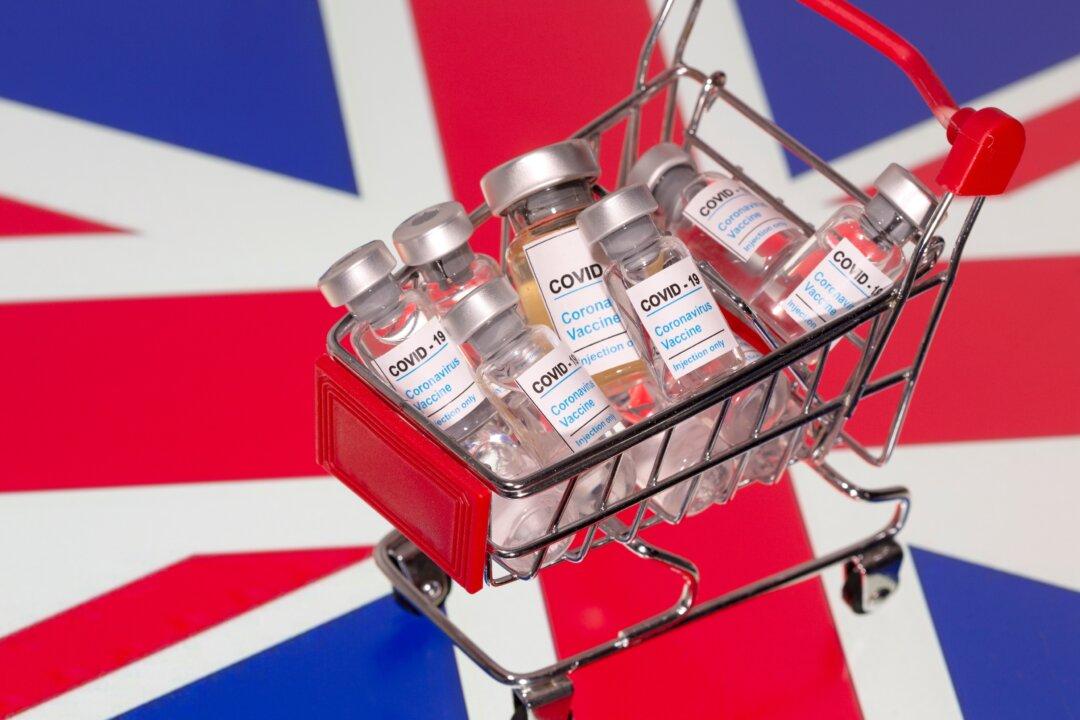Those who caught the Delta Variant of the CCP virus after being fully vaccinated carry a similar level of peak viral burden with their unvaccinated counterparts, a new UK analysis suggests.
This suggests that a vaccinated and an unvaccinated individual, while infected with the variant, would shed similar amounts of the virus at any given time during the peak of their illness.





